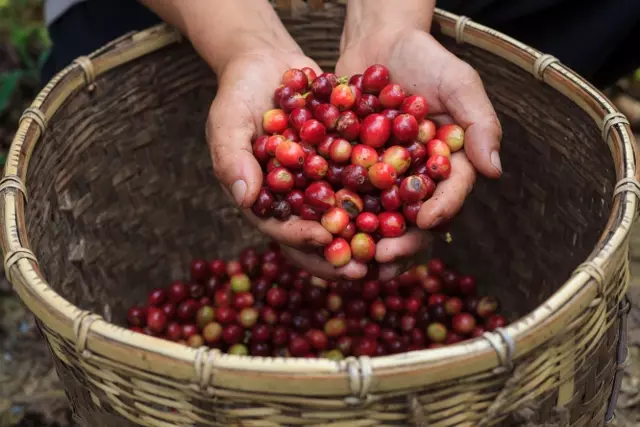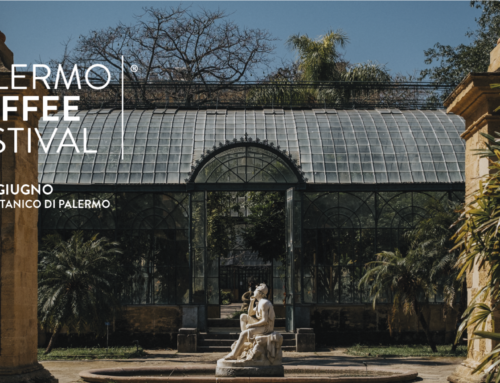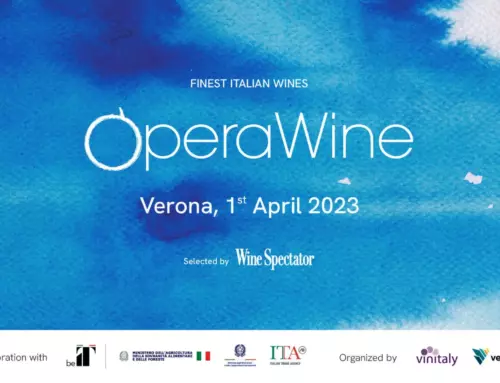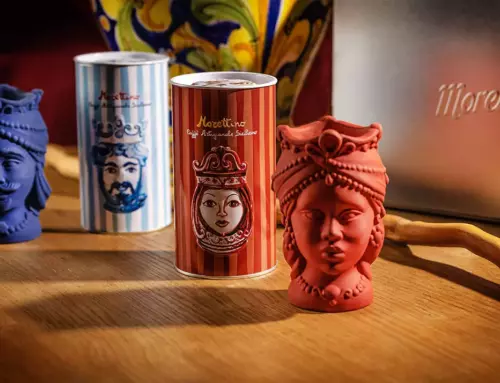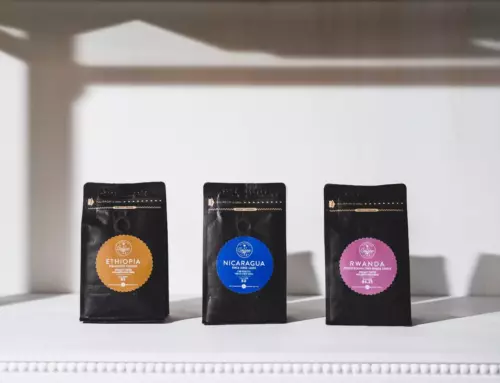Safeguarding the environment is now a matter of great importance, which involves the lives of all of us and which can be pursued through lifestyles and conscious consumption.
One of these concerns the organic world, an ethical choice that in recent years has spread all over the world: the attention to foods that come from non-polluted areas, cultivated in a sustainable way, without the use of herbicides and chemical pesticides, in a way that is as natural as possible and in harmony with the environment.
But the term “bio”, with the enormous attraction that surrounds it, is sometimes used as a mirror to attract larger slices of consumers, without often involving real attention to the product. It is therefore essential to inform yourself to not be be misled.
Organic does not mean bio
To avoid falling into easy pitfalls, it is essential to know how to read the labels.
For example, on the labels of some products – including coffee – it may happen to find the wording “Organic” used as a synonym for bio.
In reality, this term indicates any food not processed by industry, such as meat, fish, fruit and vegetables. Coffee, being simply roasted beans, can be defined as organic without this necessarily implying that it is a product from biological farming.
On the other hand, the case of the word “Organic” is different, which in English means biologic, and which can be found, for example, on the labels of coffees also sold in foreign markets.
The true bio
In order for food, and therefore also a coffee, to be considered bio, it must be subjected to strict controls and that it complies with stringent criteria that involve the entire supply chain. These parameters are monitored by international certification organizations, such as ICEA and Ecocert, which issue certifications to companies that comply with all the criteria and are therefore authorized to put the word Bio on the label.
In Europe, the protocol for biological cultivation has a codified legislation shared by all member states, which affects all stages, from production to processing, up to labeling.
Beyond bio: ethical coffees
Respect for nature is the value that has guided the work of the Morettino artisan roasting for one hundred years.
Morettino has long been an ICEA certified company, the Institute for Ethical and Environmental Certification. The entire supply chain is therefore monitored and certified from plantation to roasting, up to the final consumer.
Constant research and love for raw materials have led the Sicilian family of roasters over the years to want to go beyond the concept of biological coffee, paying more and more attention to the human factor.
Morettino biological coffees are created not only in respect of nature, but also of small farmers who work on the plantations, of their families and in harmony with the community in which they live.
This is why we can affirm that Morettino biological coffees go beyond the concept of bio and can be defined as “ethical coffees”.
